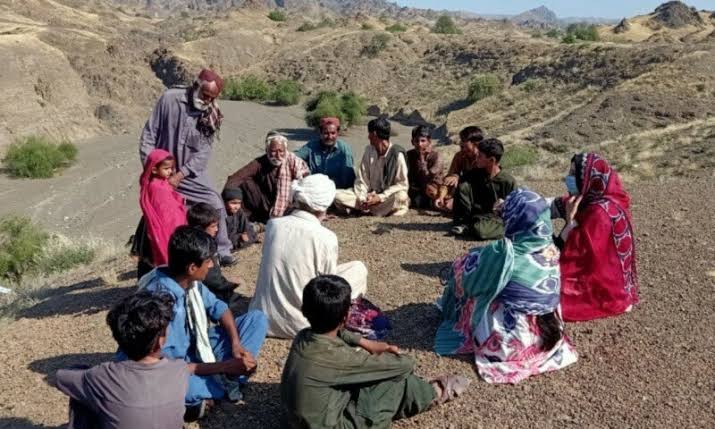Flood affected communities in Gilgit-Baltistan (GB), particularly in Ghizer district, are facing a growing mental health crisis, prompting the regional government to plan psychological rehabilitation efforts in the disaster-hit areas.
According to mental health professionals, a rising number of individuals from flood-affected regions have reported trauma-related psychological issues, highlighting the urgent need for post-disaster mental health support.
Israruddin Israr, a social activist from Ghizer and the regional coordinator for the Human Rights Commission of Pakistan, that mental health issues have been widely reported in areas severely affected by recent floods. “The suicide rate in Ghizer is concerning and may be linked to trauma from past disasters,” he said.
Experts note that displacement and direct exposure to disasters often result in psychological stress and trauma. Mr Israr cited findings from a study conducted in Bubar Valley, devastated by floods in 2022, where many children began exhibiting symptoms of trauma whenever it rained. “They would cry and be unable to sleep, haunted by the memory of the disaster,” he explained.
Mental health symptoms often emerge weeks after the initial disaster, and Mr Israr pointed out that the government has historically failed to prioritise mental rehabilitation for affected populations. During the recent floods, around 5,000 people were displaced in Ghizer alone. Many of them are now showing signs of psychological distress.
The GB government has acknowledged the problem, noting that flood victims — particularly children, women, and the elderly — are suffering from serious psychological challenges as a result of the disaster.
To address these issues, a high-level meeting, chaired by Additional Secretary for Social Welfare Arif Tahseen, decided to devise a coordinated strategy for psychological rehabilitation in flood-hit areas.







